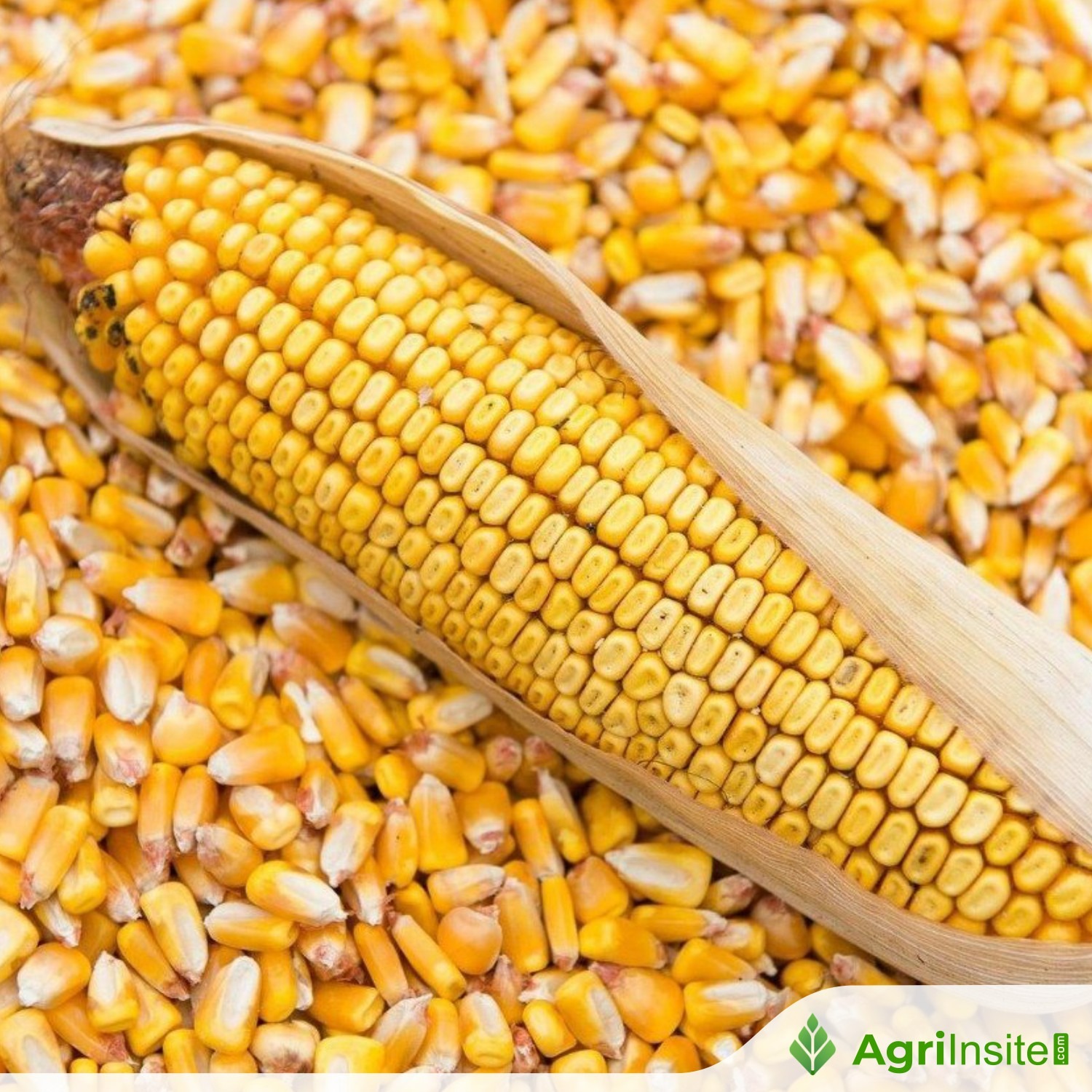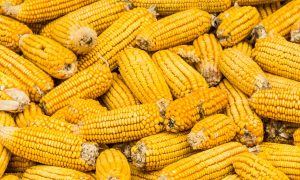Thailand Feed Mills Halt Corn Purchases Amid GMO Import Controversy

Thailand’s feed mills halted corn purchases on June 9, prompting backlash from farmers who fear the move aims to enable GMO corn imports from the U.S. Critics warn this could crash local prices and hurt farmers, echoing past soybean sector losses. Despite safety assurances, opposition remains strong ahead of a key policy meeting on GMO imports.
Thailand’s animal feed industry faces mounting criticism after mills across the country announced an immediate halt to corn purchases on Monday, in what farmer representatives denounce as a calculated attempt to depress prices and facilitate cheaper genetically modified corn imports from the United States.
The coordinated purchasing freeze, announced by the Feed Mill Association on 9th June, has sparked fierce opposition from agricultural groups who fear it will pave the way for tariff-free GMO corn imports that could devastate domestic producers.
Termsak Booncheun, President of the Nakhon Ratchasima Farmers Council and member of the Maize Policy and Management Committee, described the move as a strategic manoeuvre designed to “clear the path for US GMO corn imports.”
The National Farmers Council has voiced vehement opposition to GMO corn imports, citing concerns over increased herbicide use, pesticide resistance in insects, and potential virus transmission affecting local crops and insect populations.
Termsak warned that allowing such imports would replicate the collapse experienced by Thai soybean farmers, where cheap imports made domestic production unprofitable and ultimately led to the sector’s demise.
The farmers’ leader called for the Department of Internal Trade to investigate the suspiciously coordinated purchasing halt, warning it would inevitably affect farmers unable to sell next month’s produce if aggregators’ stocks remain full.
Despite the controversy, a field crop trader indicated that Thai animal feed producers anticipate demand of 9.201 million tonnes for 2025, representing a 2% increase that aligns with Department of Livestock Development forecasts.
However, the trader opposed additional requests for zero-tariff imports of feed corn and substitutes outside the ASEAN Free Trade Area framework, arguing this would further depress domestic corn prices.
A Ministry of Commerce source, citing the Thai Feed Mill Association, maintained that GMO corn from the US and other countries has undergone rigorous environmental and food biosafety assessments under CODEX principles and national regulations.
The source noted that Thailand’s Public Health Ministry Notification No. 431 B.E. 2565 (2022) under the Food Act already regulates GMO plant food biosafety, with the Food and Drug Administration having assessed the safety of global GMO corn and soybean varieties, including those from the US.
Thailand’s nearly 20 years of experience with GMO soybean imports, without reported environmental leakage, suggests effective management protocols could be applied to GMO corn, the source added. Imported GMO corn varieties are cold-region hybrids, making survival in Thailand’s hot, humid climate highly improbable.
Whilst both broken rice and cassava chips are utilised, their combined share in animal feed represents only 8% of total national output, meaning prices are primarily determined by export markets rather than domestic feed demand.
Thailand’s animal feed production reached 21.8 million tonnes in 2023, requiring 13 million tonnes (60%) of energy raw materials, including 9.2 million tonnes of feed corn, 1.7 million tonnes of broken rice, and 1.8 million tonnes of cassava chips.
The purchasing halt comes after corn prices surged to 11.50 baht per kilogram on 6th-7th June 2025, reaching a one-year high. The timing has raised suspicions among farmer representatives about the industry’s motives.
A Department of International Trade Negotiations source cautioned that setting import conditions for feed corn under WTO quotas must be handled carefully, as Thailand has previously faced WTO complaints over similar measures concerning wheat imports.
The fate of these contentious issues will be determined at tomorrow’s crucial NBKPW Board meeting, where renewed discussions on GMO corn imports are scheduled to take place.
To Read more about Maize News continue reading Agriinsite.com
Source : Nation Thailand














